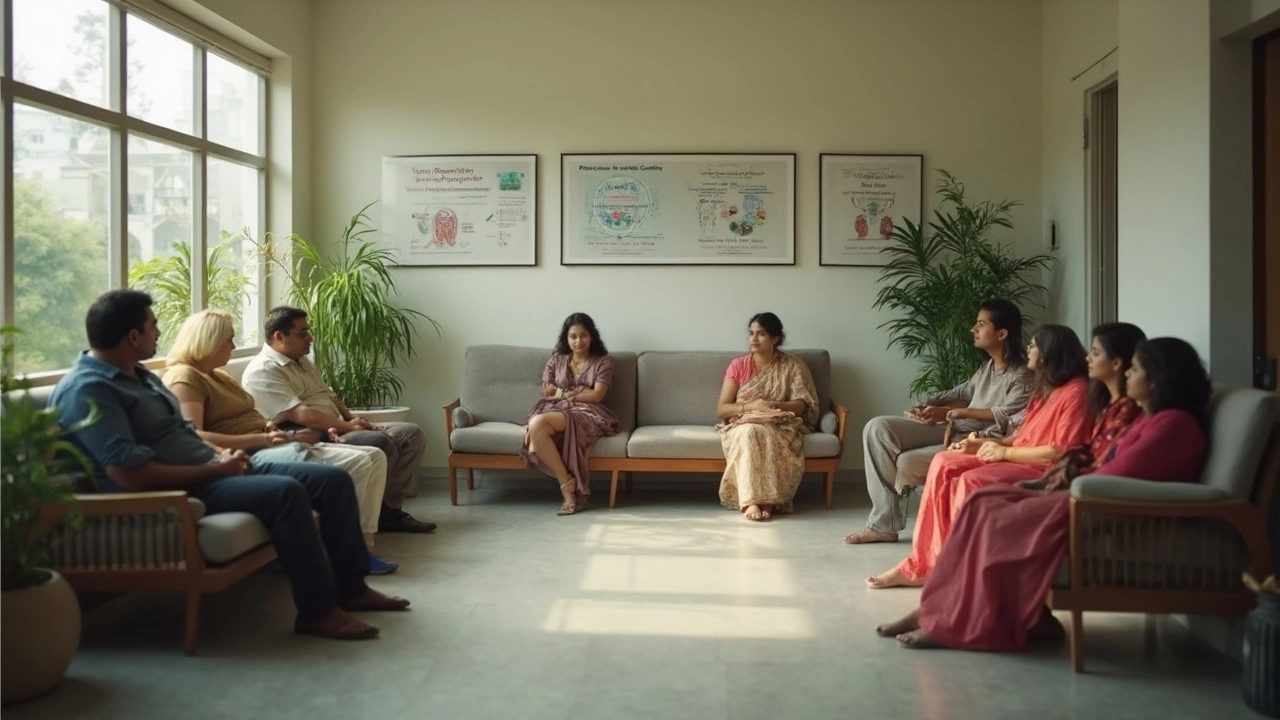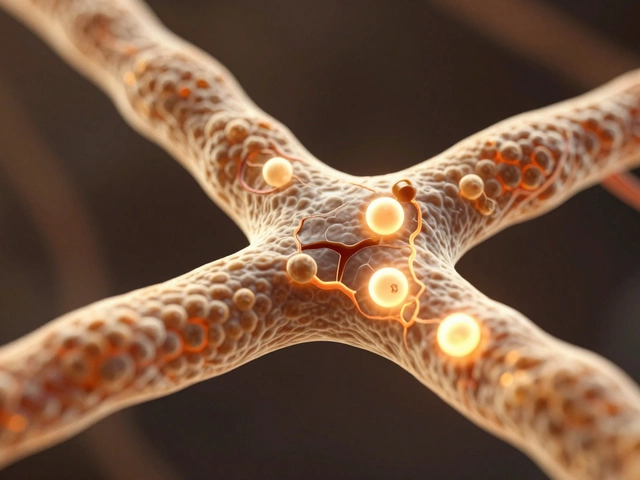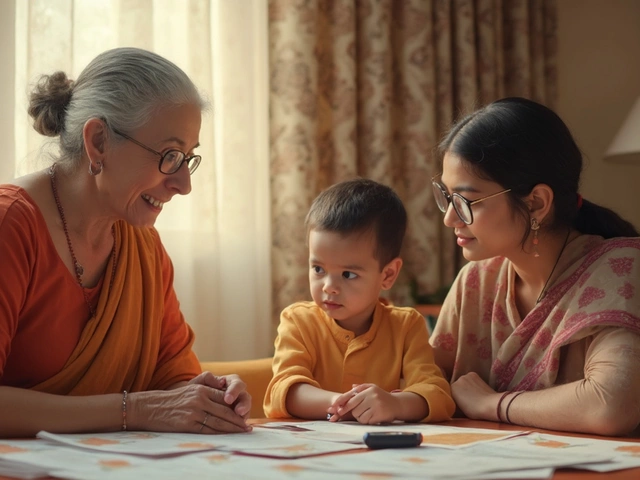IVF Eligibility: Who Can Start Fertility Treatment in India?
If you’re thinking about IVF, the first question on most minds is “Am I even eligible?” The answer isn’t a one‑size‑fits‑all, but there are clear guidelines that clinics follow. Knowing these up front saves time, money, and emotional ups‑and‑downs.
Age and General Health Guidelines
Most Indian IVF centers set the upper age limit at 45 years, with many preferring women under 38 for the best success rates. Men are usually considered up to 55 years, though sperm quality can decline earlier. Beyond age, a basic health check is mandatory: blood pressure, heart health, and diabetes screening. If you have uncontrolled hypertension or a serious heart condition, doctors will want it stabilized before moving forward.
Specific Tests That Decide Eligibility
Egg reserve tests are a big deal. Your doctor will likely ask for an AMH (anti‑Müllerian hormone) level and an antral follicle count via ultrasound. Low AMH doesn’t automatically disqualify you, but it does shape the protocol – sometimes a gentle IVF cycle or a donor egg is suggested. For men, a semen analysis measures count, motility, and morphology. If the numbers are low, clinics might recommend ICSI (intracytoplasmic sperm injection) or look at donor sperm options.
Other factors matter too. Endometriosis, severe fibroids, or untreated infections can affect eligibility. The usual approach is to treat these issues first and re‑evaluate later. Lifestyle habits play a role as well – smoking, heavy alcohol use, and a high BMI can lower success odds, and most clinics ask patients to quit smoking and aim for a BMI between 18 and 30 before starting.
Financial readiness is also part of eligibility. IVF cycles can be pricey, and many clinics require a deposit or proof of ability to pay for multiple attempts. Some hospitals offer package deals or financing, but it’s good to have a clear budget plan.
Finally, emotional readiness counts. IVF is a roller‑coaster, and many clinics run a brief counseling session to gauge how you handle stress and expectations. This isn’t a test you can fail; it’s just a way to ensure you have support in place.
In short, IVF eligibility in India hinges on age, health metrics, specific fertility tests, lifestyle choices, and financial and emotional preparedness. If you meet most of these criteria, you’re likely a good candidate – and even if you don’t, there are alternatives like donor gametes or adoption that clinics can discuss.
Ready to take the next step? Book a preliminary consultation, bring any recent blood work, and be prepared to talk openly about your health and goals. That’s the fastest route to finding out if IVF is right for you.

What Disqualifies You from IVF? Clear Truths About IVF Eligibility
Curious what might stop you from getting IVF? This article lists clear, real-world reasons people get turned away from fertility clinics. It details medical, age, lifestyle, and legal factors that make someone ineligible for IVF. You’ll learn facts that clinics don’t always say out loud, plus practical tips on what can help or hurt your chances. If IVF is on your mind, start here to avoid surprises down the road.

What is the best vitamin to repair nerve damage?
Feb, 24 2026



